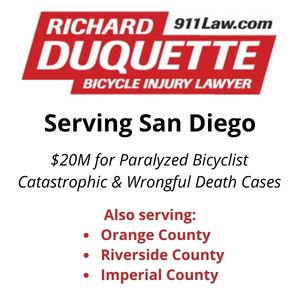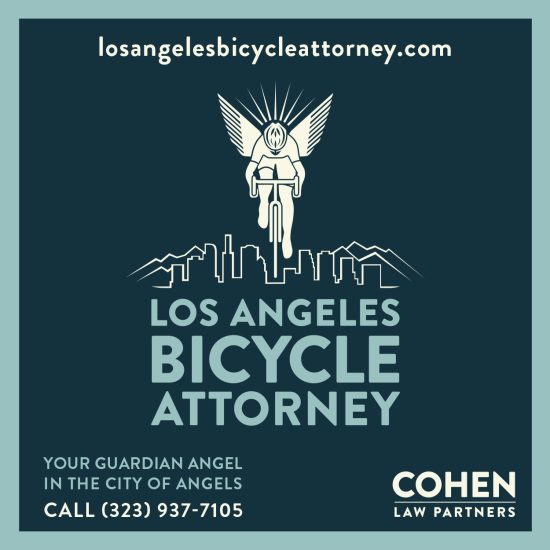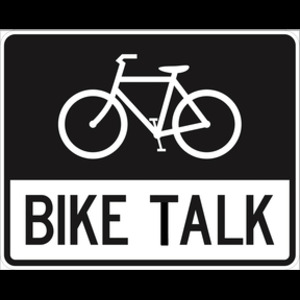Let’s go back in time a bit.
Back in the dark ages, when dinosaurs roamed the earth and I was still in high school, I edited the school newspaper.
One day, our staff photographer noticed a police officer approach a car stopped in front of the school and begin to search of the vehicle, without permission or probable cause. So he grabbed his camera, ran outside and started taking photos.
The officer, no doubt aware of the illegality of the search, threatened to arrest him and confiscate his film. So he put the camera way and slunk back to class as the officer continued his fruitless search.
But rabble-rouser that I was, even at such a tender age, I was damned if that would be the end of it.
The next day, I placed a phone call the state headquarters of the ACLU. And soon we were represented, pro bono, by a lawyer who leapt at the chance to protect our 1st Amendment rights.
The result was a written statement from the chief of police apologizing for the officers actions. He went on to add that even student journalists were legitimate members of the press and had every right to take photos of the officer’s actions; and further, that since it had taken place in plain view on a public street, anyone with a camera had a 1st Amendment right to do so.
In other words, we won.
Now fast forward a few decades.
A fellow blogger and friend crosses the street to take photos of a police officer conducting what was probably an illegal search of a cyclist, and finds himself handcuffed and eventually ticketed for a moving violation — even though he was on foot and crossing in the crosswalk, with the light.
It happened during Saturday’s C.R.A.N.K. MOB event, when the citizenry of Hollywood panicked upon being invaded by a horde of bicyclists, and the police responded in force.
Now, I’m not a fan of these rolling raves.
While I’m a whole-hearted supporter of the right to ride, even in large, semi-spontaneous groups, I believe we need to be considerate of other people — whether that means maintaining a reasonable level of sobriety, keeping the noise level down so residents can sleep, or allowing drivers to get where they are going without undue interference.
Because when you ride with no consideration for the rights of other users of the road — in other words, exactly the way too many drivers do — you become the problem, not the solution.
As Los Angeles Cyclist put it:
…Unfortunately, I was in the back half of the group, so by the time we got toward the Ralph’s which was our destination, someone who had arrived earlier had apparently decided not to pay for his items, and caused the police to be dispatched. (Apparently one of the ride organizers helped apprehend the thief. WELL DONE SIR.)
Lots of police were dispatched.
Who, by strategically blocking intersections directed the group out of West Hollywood and up toward actual Hollywood.
Then we headed East on Hollywood Blvd., which was pretty much a total fiasco.
Poorly corked/run intersections, irate motorists, cyclists not used to riding in groups, made for a BIG mess. I tried to time the intersections so I entered them on a green light, but with a group of close to 1,000 cyclists, some of the motorists were getting impatient, especially if they’d waited through the previous few lights and were trying to make a left turn.
So the police may have had good reason to break up the ride. Unfortunately, a few seem to have crossed the line, by breaking the law in order to enforce it.
LA Cyclist goes on to describe a young woman who was intentionally doored by an officer, in a highly questionable use of force. If a civilian hit a cyclist with his door in such a manner, he could be charged with a felony; yet an officer used exactly the same dangerous technique to apprehend a scofflaw for the heinous crime of failing to stop quickly enough after running a red light.
That same officer, evidently feeling a need to protect homeland security from the dangers of two-wheeled citizens, wanted to know if the cyclists patiently waiting to be ticketed were anarchists. No, seriously.
Meanwhile, Alex spent 20 minutes in handcuffs because a police officer claimed he crossed the intersection while the red hand was flashing — not because he was attempting to take photos of the officer while he searched a cyclist after a minor traffic stop, something that would be illegal if done to a motorist. This despite the fact that the courts have held that bloggers have the same 1st Amendment rights as any member of the mainstream press.
And the other cyclist was ticketed for an offense that both the city council and chief of police have agreed should not be enforced.
As Zach Behrens points out on LAist, the use of cuffs is at an officer’s discretion. Yet it can hardly be argued that any officer should feel threatened by a camera, or the person using it.
Or as Damien Newton put it:
Handcuffing someone for not having a bike license? For crossing the street against a flashing red hand? What country am I living in?






In response to Damien’s question, “The same country where the mayor and several councilmembers, each representing (at minimum) several hundred thousand people ran practically uncontested races for re-election.”
Let’s not pretend that we’ve got one up on the rest of the world when it comes to being democratic. We’re just as bad as, if not worse, than other nations when it comes to a failing press and rampant cronyism in our politics.
Unfortunately, there’s a lot of truth in what you say. One of the first things that was drilled into my head as a fledgling poly sci student was that this is not truly a democratic country, simply because the majority of people choose not to participate in the process.
Instead of supporting term limits, which throws out the good with the bad, we need to demand real reforms in the democratic process, such as redrawing districts so they don’t favor one candidate or party, open primaries — which we already enjoy in Los Angeles city races — and, most important, limiting the flow of special interest money, so that every election is fair and competitive.
And then we have to get the public involved in the process, because a nation that doesn’t vote is no better off than a nation that can’t.
Coming into this discussion late – you can tell I’m behind on my reading . . .
One of the things I like about Bike Kitchen/Oven/rowave is that they exercise our democratic muscles. In the last two years I’ve watched everyone in Bikerowave LEARN politics, learn how it works, learn about meetings. It’s shocking to me how far we’ve all come, and it conveys just how little we actually know what democracy is.
Voting every 4 years, or every two, or every 3 months isn’t enough. To me, the best approach toward addressing the indifference of voters is to connect them to a more tangible, involved and frequent democratic process, like the processes of the bike collectives.
(and on the subject of the post, I feel more and more that the leading edge of bike activism is in law enforcement issues, not urban planning)